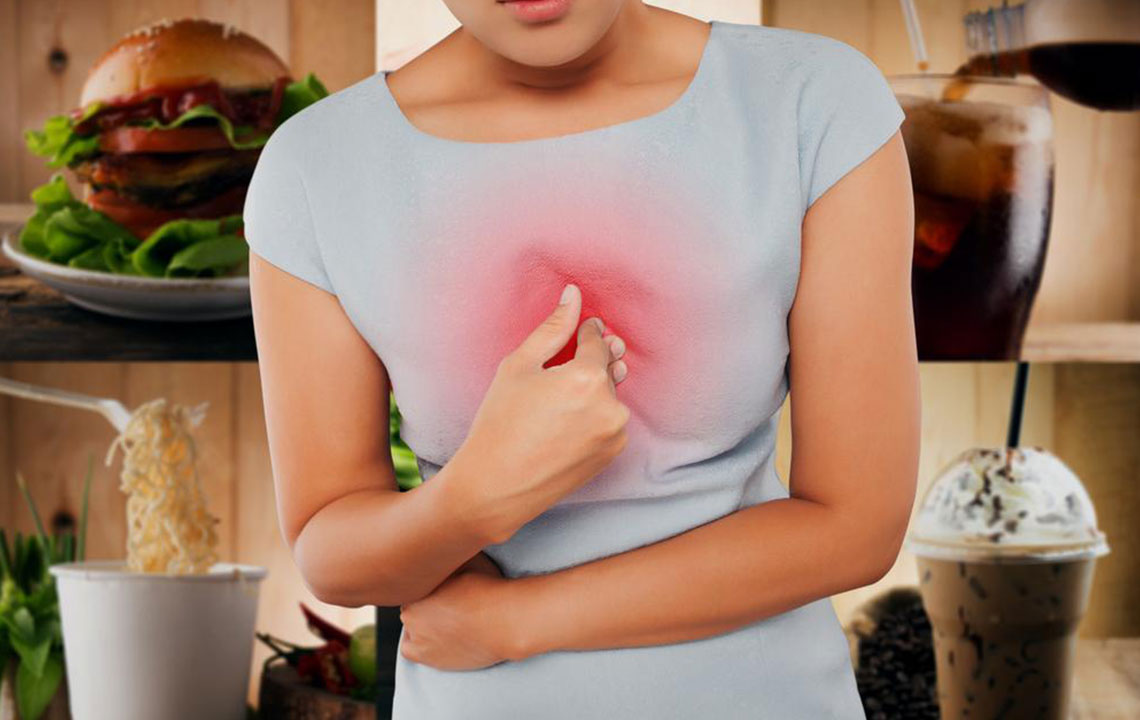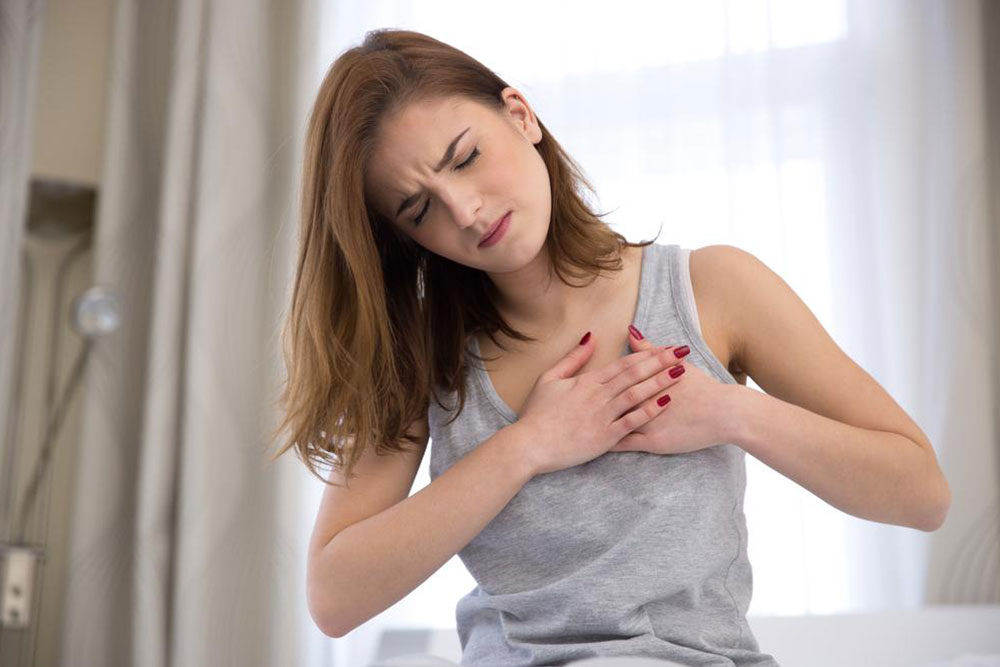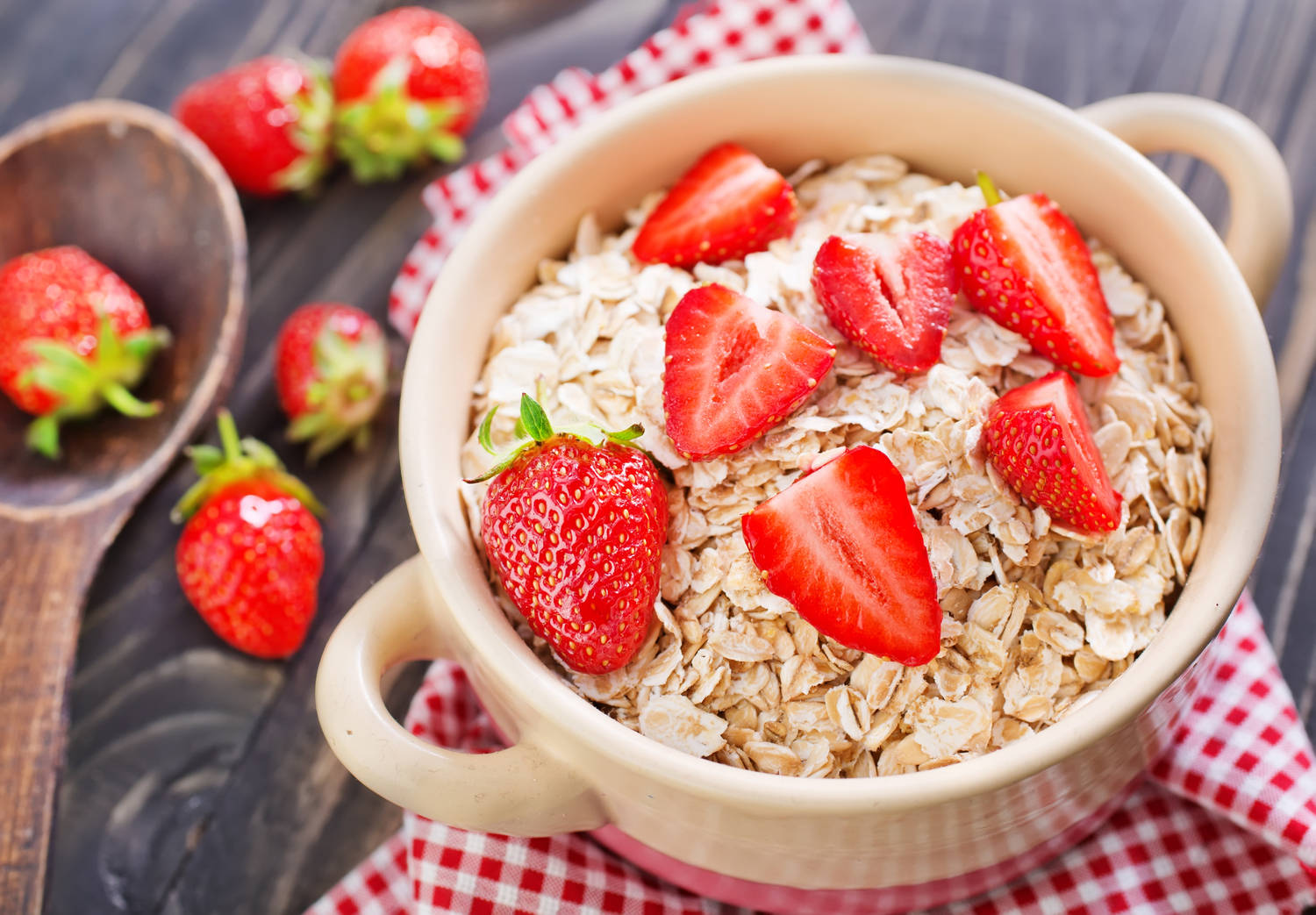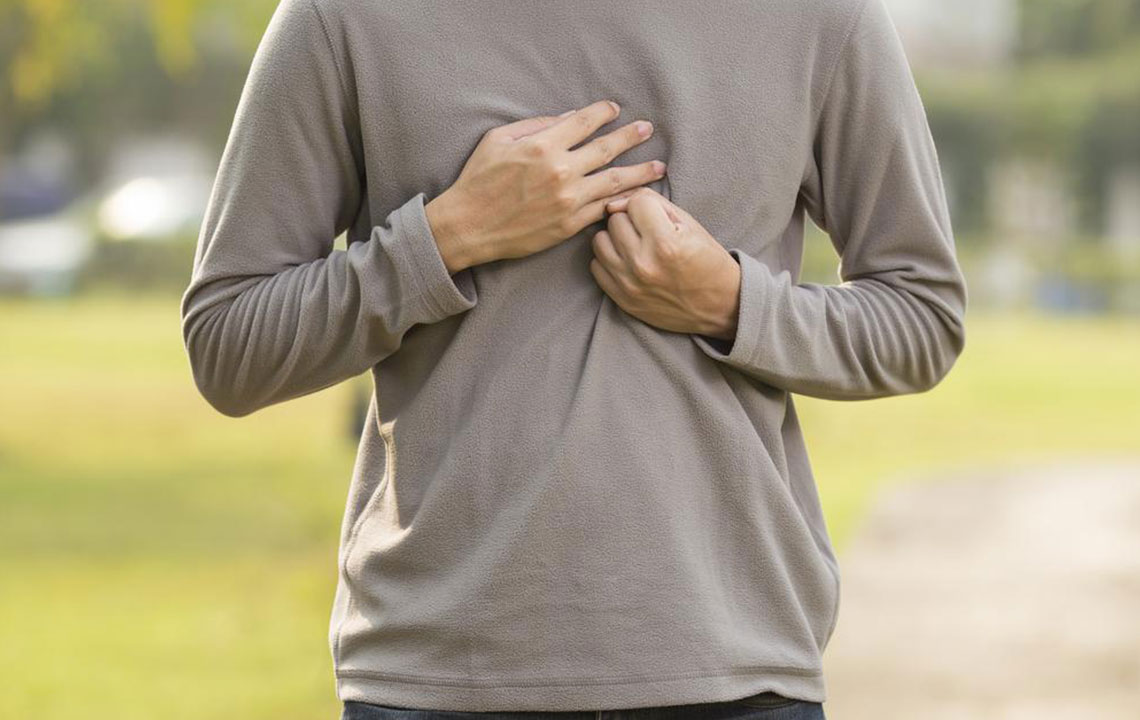Understanding Heartburn: Causes, Symptoms, and Effective Treatments
This article offers an in-depth overview of heartburn, including its causes, symptoms, diagnostic methods, and treatment options. It emphasizes lifestyle changes to prevent and manage this common digestive discomfort effectively.
Sponsored

Heartburn is a common digestive issue caused by the reflux of stomach acids into the esophagus. This results in a burning sensation in the chest, often referred to as heartburn. The condition occurs when the lower esophageal sphincter relaxes improperly, allowing acidic contents to escape into the esophagus.
Causes, Symptoms, and Warning Signs of Heartburn
The lower esophageal sphincter (LES) controls the passage of food into the stomach. When it relaxes unexpectedly or weakens, stomach acids can flow back, leading to heartburn. Triggering factors include spicy, fatty, fried foods, large meals, and certain drinks like coffee, alcohol, and citrus juices. Foods like tomato-based products, peppermint, and chocolate are also common culprits.
Typical signs include a burning sensation below the chest or ribs, especially after eating or while lying down. Other symptoms include a sour or acidic taste in the throat, sore throat, cough, and in rare cases, sweating or shortness of breath. These signs indicate that stomach acids are irritating the esophagus.
Diagnosis involves endoscopy, X-rays, or acid monitoring tests to assess esophageal health and acid levels. Proper diagnosis helps tailor effective treatment strategies.
Managing and Treating Heartburn
Over-the-counter antacids can offer immediate relief by neutralizing stomach acid. Longer-lasting options like H2 blockers and proton pump inhibitors (such as omeprazole and lansoprazole) reduce acid production and help heal the esophagus. For persistent cases, consult a healthcare professional for further evaluation and prescription medications.
Lifestyle modifications are crucial: maintaining a healthy weight, avoiding tight clothing, limiting trigger foods and beverages, and not eating large or late meals can significantly reduce symptoms. It’s also important to avoid smoking, which weakens the LES, and refrain from lying down immediately after eating. Elevating the head of your bed and waiting at least two hours before exercise post-meal can prevent nighttime reflux episodes and improve digestion.






